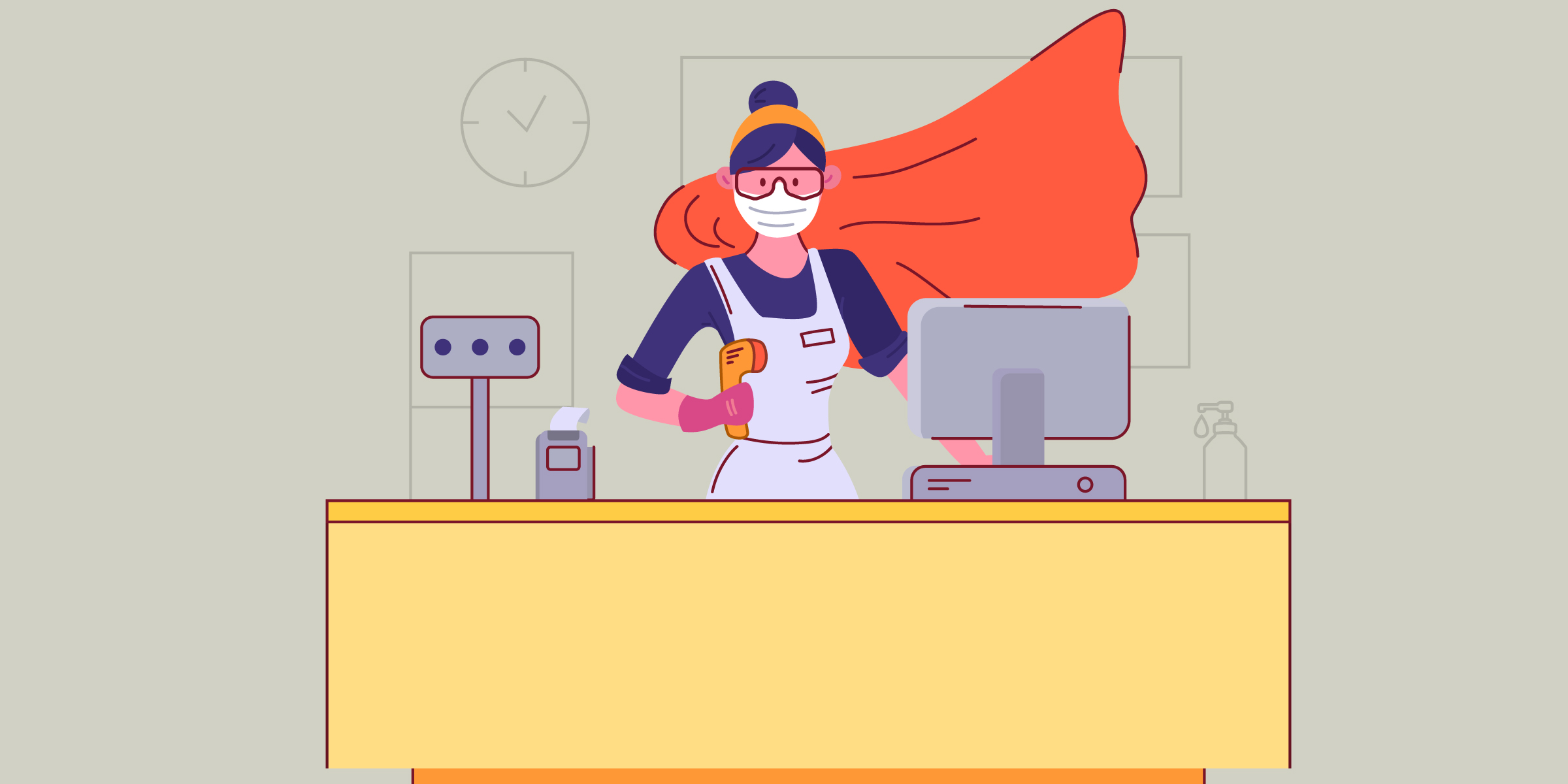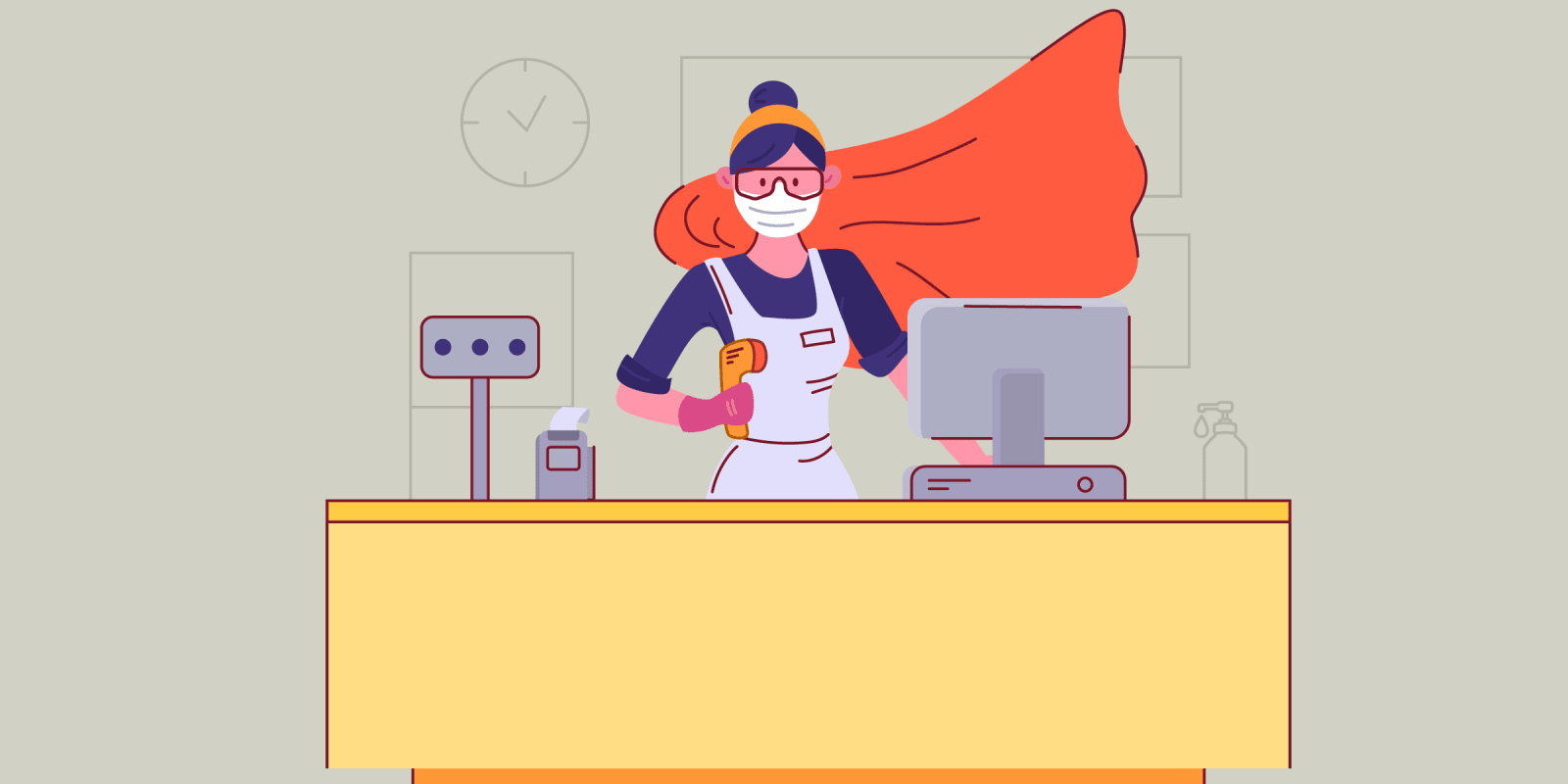
At 7 p.m. in New York City, thousands of citizens pause their activities, open their windows, and make as much noise as possible to thank our heroes during the ongoing COVID-19 pandemic. As they clap, bang on pots, and even play the occasional vuvuzela, they hope that a “front line” worker will hear them. They think of the physicians, nurses, physician assistants, and all other health care workers who are risking their lives caring for the casualties of this war. Many of these health care workers are working longer hours with limited PPE, risking exposure to a mostly unknown virus, sometimes despite having their own preexisting conditions. They are taking on the burden of increased emotional stress, possibly while isolating themselves from their support networks.
At 7 p.m., I clap for them too. As a newly-minted MD, holding the privilege of that title one month earlier than planned because the pandemic overwhelmed existing clinicians in this besieged city, the applause is especially meaningful. Those health care workers are my teachers, mentors, friends, teammates, and brothers and sisters in arms. I think about the people in my life who (virtually, these days) thank me for my commitment to improving the lives of the sick and needy. They tell me, “Listen, they’re clapping for you!’ I smile and accept the gratitude, but not without a pang of guilt. I chose this profession for many reasons, and I’ve always known that at the end of the arduous training process, as long as I was true to the oath I swore (again, virtually) on my graduation day, “may good repute ever be mine.” For the rest of my life, when I introduce myself as a physician, many will assume that I am intelligent, honorable, and altruistic.
However, when I clap at 7 p.m., I don’t just think of those like myself that chose this line of work knowing that there would be pain and risk in exchange for purpose, status, and job security. I think of the other front line workers — those who did not choose their job because it was valued by society, compensated well, or provided a reliable source of income and benefits. And yet, every day of this pandemic, they continue to work. They are stocking groceries, preparing lunch for hungry students, working in essential factories, and ensuring our hospitals are clean enough to care for the surge of sick patients. Some may work during this time out of a sense of duty, much like those medicine; they know that the world cannot go on without them. However, too many are working because they’ve never made enough money to have the savings to survive a missed paycheck. They work because they’ve never had a job that they can perform from home, a luxury largely unknown to the working class. In the greatest irony, they work because if they don’t, they may lose the health insurance that they’ll need desperately to pay for their care if they are infected with the virus that they’re exposing themselves to. Many people like this have already fallen ill, and some have died. And if they do die, the world will probably not remember them as heroes. Their families and communities will have to grapple with the anguish of their loss and with the funding of their funerals, this final burden made more difficult by the fact that many of them have never made a living wage and have no savings to pay for the unexpected cost of heroism.
At 7 p.m., I think of the unsung heroes because I am not just a newly-minted MD. I am the son of two Latino immigrants, born and raised in Elmhurst, Queens, an area now being described as the “epicenter of the epicenter” in the United States. It is exactly the type of diverse working-class community that is especially vulnerable in this pandemic. My parents have belonged to the working class since they came to this country hoping to fulfill the American Dream. They will almost certainly remain working class, particularly susceptible to scourges such as COVID-19. They have been deemed essential workers, which is both a blessing and a curse. If they weren’t, they wouldn’t have the savings to keep food on the table or the health insurance to pay for their chronic medical conditions, or for treatment if they were to fall ill. As older, essential workers, they are the epitome of not only the type of person that is at higher risk of exposure to the virus but also the type that is more likely to fare poorly if they do.
These worries plague every moment of every day, not just at 7 p.m., and they are not unique to me. I am calling on all health care workers to see this crisis as a turning point. We must think of the communities that are suffering most — not just in the context of this pandemic but in every context. These communities are always the hardest hit, regardless of the insult. We must support policies that ensure a strong social safety net for those who are ignored, and yet clearly without whom our society would crumble. We must use our voices, respected now more than ever, to call for universal health insurance that is not linked to employment, and a living wage for the workers we could not live without.
The road ahead is long and uncertain. I fear for my colleagues and mentors in health care that I may lose to this pandemic. But at 7 p.m., I also fear for my family and community members; the perpetually unsung heroes.
Dr. Casals is a recent graduate from the Columbia University Vagelos College of Physicians & Surgeons. He is joining several other early graduates to aid clinical staff in the national epicenter of the COVID-19 pandemic before beginning his urology residency at Wake Forest University School of Medicine.
Click here to see more perspectives on COVID-19 from the Doximity network.
Click here for up-to-date news about COVID-19 on Doximity.






